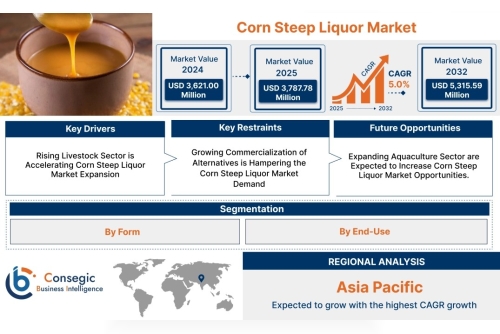Lead tracking refers to the process of tracking and managing leads, which are potential customers for a business. The goal of lead tracking is to identify, qualify, and nurture leads until they become customers, and to track the success of various marketing and sales activities in converting leads into customers.
Lead tracking software vs CRM Lead trackingLead tracking software and CRM lead tracking are both tools that can be used to manage leads and improve lead conversion rates, but they have different focuses and capabilities. Lead tracking software is specifically designed to help businesses track leads and understand their engagement and progress throughout the sales funnel. Lead tracking software typically includes features such as lead capture, lead scoring, and lead nurturing, and can provide real-time insights into lead behavior and engagement. CRM lead tracking, on the other hand, is a component of a broader CRM system that helps businesses manage customer interactions and data throughout the customer lifecycle. In addition to lead tracking, a CRM system can also include features such as sales pipeline management, marketing automation, and customer service and support.
Maximizing Lead Conversion through Effective Lead TrackingMaximizing lead conversion through effective lead tracking involves several key steps:
Define your target audience:Defining your target audience involves creating a detailed profile of your ideal customer, including information such as demographics, behavior patterns, pain points, and motivations. This information can be gathered through market research, customer surveys, and analysis of your existing customer data. By understanding your target audience, you can create more effective marketing and lead generation strategies that resonate with your ideal customers. You can also tailor your lead nurturing efforts to the specific needs and interests of each lead, increasing the chances of conversion.In addition to defining your target audience, it's important to segment your leads based on their behaviors, interests, and stage in the buying journey. This allows you to personalize your communications and tailor your lead nurturing efforts to each lead's specific needs.
Qualify leads:Qualifying leads involves evaluating a lead's potential to become a customer, based on criteria such as budget, authority, need, and timeline (BANT). The goal of lead qualification is to prioritize your efforts and focus on the most promising leads, rather than wasting time and resources on leads that are unlikely to convert.
Here's how you can qualify leads using the BANT criteria:
Budget: Determine whether the lead has the financial resources to purchase your products or services.
Authority: Identify whether the lead has the decision-making power to make a purchase.
Need: Evaluate whether the lead has a need for your products or services.
Timeline: Determine whether the lead is ready to make a purchase in the near future.
Lead tracking system can automate the lead qualification process and help you keep track of lead status and progress over time. By qualifying leads, you can prioritize your efforts and focus on the most promising leads, increasing your chances of conversion.
Score leads:Lead scoring is a process of assigning a numerical value to each lead based on their level of engagement and fit with your ideal customer profile. The goal of lead scoring is to prioritize your efforts and understand which leads are most likely to convert.
Lead scoring can take into account various factors, such as:
Demographic information
Behavioral data
Engagement with marketing campaigns
Fit with ideal customer profile
Lead tracking software can automate the lead scoring process and provide real-time updates as leads engage with your content and marketing efforts. By scoring leads, you can prioritize your efforts and focus on the most promising leads, increasing your chances of conversion.
Nurture leads:Lead nurturing is the process of building relationships with leads over time, helping to move them closer to a buying decision. The goal of lead nurturing is to educate and engage leads with relevant information and content, and to build trust with your brand.
Here are some best practices for nurturing leads:
Personalization
Relevant content
Consistency
Timing
Lead tracking software can automate the lead nurturing process and help you keep track of lead engagement and progress over time. By nurturing leads, you can build relationships with them and increase the chances of conversion.
Analyze results:Analyzing the results of your lead tracking efforts is an important step in improving and refining your lead generation and nurturing strategies. This includes tracking key metrics such as lead conversion rates, lead source, and the effectiveness of your lead nurturing efforts.
Here are some key metrics to track when analyzing your lead tracking results:
Lead conversion rate
Lead source
Lead nurturing effectiveness
Lead lifetime value
By analyzing these and other metrics, you can gain valuable insights into your lead generation and nurturing efforts and make data-driven decisions to improve your results. Lead tracking software can provide you with real-time data and analytics, allowing you to quickly analyze your results and make informed decisions.
Wrapping it up:In conclusion, lead tracking systems play a critical role in managing and optimizing the lead generation and conversion process. Businesses can use an Office24by7 CRM lead tracking system to manage their leads more efficiently and concentrate their sales efforts on the most promising leads, increasing their sales conversion rates and expanding their client base. For further information, call us at: +91 7097171717.












